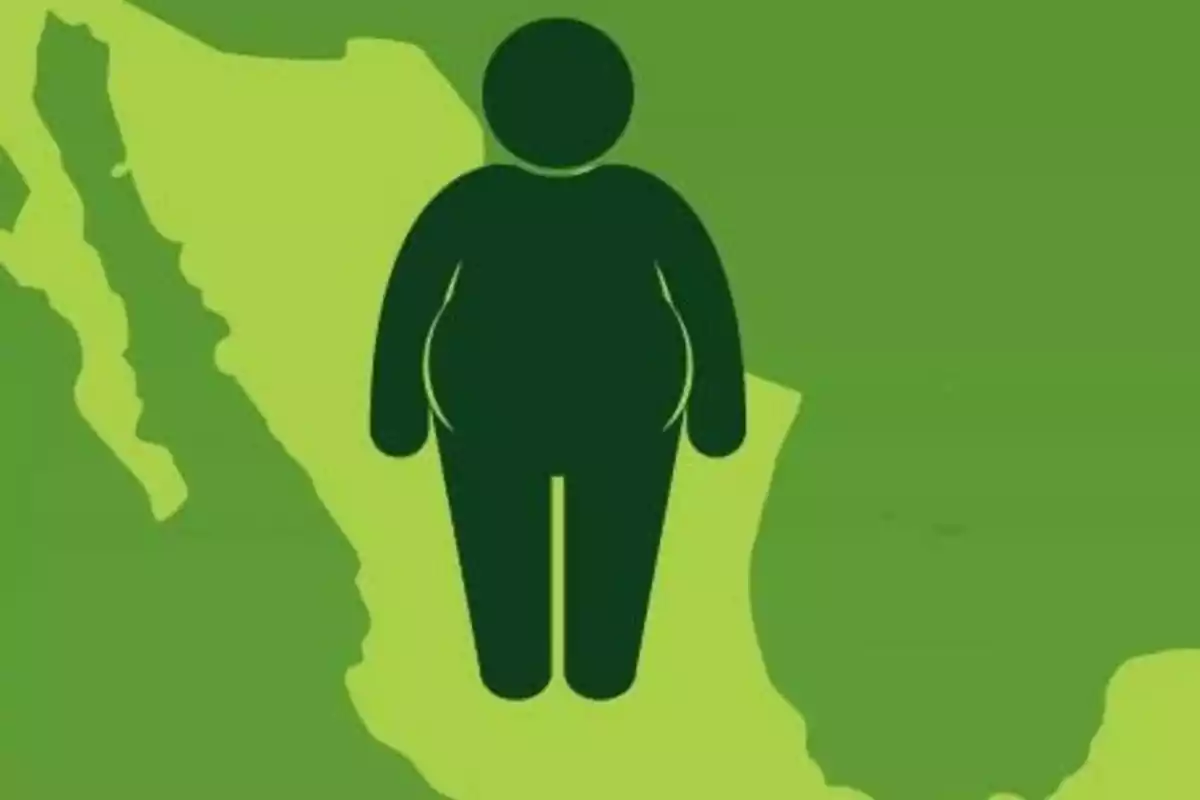
Mexico ranked among the countries with the highest overweight rates.
A look at the historical evolution of the issue
In 2025, Mexico was positioned as one of the countries with the highest prevalence of overweight and obesity worldwide, according to data from the World Obesity Federation.
This public health issue has evolved significantly in the last decades, transforming from a minor concern to a national crisis.
Historical evolution of obesity in Mexico
Until the mid-20th century, Mexico mainly faced problems related to malnutrition. However, starting in the 1980s, the nutritional landscape began to change drastically.
Rapid urbanization, the adoption of calorie- and fat-rich Western diets, and the decrease in physical activity contributed to the increase in cases of overweight and obesity.
Studies indicate that, in 1988, the prevalence of obesity in adults was 9.5%, a figure that increased to 32.4% in 2012.

Factors contributing to the increase
Various factors have influenced the increase in obesity in Mexico:
- Dietary changes: The introduction and popularization of ultra-processed foods and sugary drinks displaced the traditional Mexican diet, rich in fruits, vegetables, and grains.
- Sedentary lifestyle: The increase in sedentary activities, such as the use of electronic devices and the reduction of public spaces for physical activity, has limited regular exercise in the population.
- Socioeconomic factors: Poverty and lack of access to healthy foods, while the most economical options are often the least nutritious.
Current situation and international comparison
Currently, Mexico is in an alarming position regarding the prevalence of obesity and overweight. According to recent data, 73% of the adult population lives with overweight, and of these, 36% have obesity.
These figures place Mexico in fourth place in America, surpassed by Chile, Bahamas, and Puerto Rico.
Impact on public health
Obesity is associated with various chronic diseases, such as type 2 diabetes, hypertension, and cardiovascular diseases.
In Mexico, these conditions represent a significant burden on the health system. Increasing medical costs and reducing the quality of life of those affected.
Additionally, childhood obesity has doubled in the last 20 years, affecting 17.5% of children aged 5 to 11 in 2023.

Efforts and challenges in prevention
The Mexican government has implemented various strategies to combat obesity, such as front labeling on foods and beverages and campaigns promoting healthy habits.
However, the effectiveness of these measures has been limited due to factors such as the lack of nutritional education, the influence of the food industry, and the persistence of socioeconomic inequalities.
Obesity in Mexico is a complex problem that requires a multifaceted approach. It is essential to strengthen public policies, promote health education from an early age and foster environments that facilitate healthy lifestyle choices.
Only through a joint effort between government, civil society, and the private sector can this trend be reversed and the health of the Mexican population improved.
More posts: